6 Common Sunscreen Myths



- Sunscreen is only needed during summer or when going out into the sun for long periods of time.
Yes, the UV index is lower during the winter months; however UV rays can cause damage all year round as they penetrate clouds. UV rays can also penetrate glass, so you don’t need to go outside to get exposed to UV rays that can cause burning & damage to the skin cells.
Tip: Apply a good quality sunscreen daily, even when not intending on being outside for long periods of time to protect yourself against ‘incidental’ UV exposure that can lead to premature ageing (wrinkles, sagging skin, thinning skin, rough texture, dryness, uneven pigment, blood vessels) and skin cancer.
Tip: For extra protection apply a good quality antioxidant serum (Vitamin C & E) or use a sunscreen with antioxidants in it to complement photoprotection & inhibit free radical damage. - Sunscreen doesn’t need to be applied on skin that tans or darker skin types.
Darker skin types may not get burnt as easily as lighter skin types or as more likely to be diagnosed with skin cancers; but this does not mean that the UV rays are not causing your skin cells damage. Melanin (the pigment in skin) is produced by the skin cells when exposed to UV rays as a response to the UV rays causing damage to them. This can occur evenly producing the ‘tanned’ look or can occur in uneven patches.
Tip: Use a fake tan if you want the bronzed look and apply a good quality sunscreen. Or embrace your skins paler colour.
Tip: Also, no matter your skin colour everyone should get regular skin checks to ensure any skin cancers are caught early. Even darker skin types can get skin cancer.
SPF in makeup means there is no need to put a facial sunscreen on.
It’s common for foundations, BB creams and powders to have SPF in them, however, used on their own they are unreliable at protecting you from UV rays. There are 2 major issues with relying on makeup for sun protection:
Most formulations contain a low SPF of just 15 which will not be effective for most skin types in our climate. An SPF of 30 and above is recommended for adequate protection.
To get the most out of the SPF in the product you have to apply a specific amount of product, and this will vary with every product your use. Most products wont tell you how much to apply and you could be applying way too little for it to be effective, particularly with powders.
Tip: Use a good quality facial sunscreen to apply underneath your makeup (wait a few minutes after applying the sunscreen and before applying your foundation) or a tinted facial sunscreen. The rule of thumb is to use a teaspoon of sunscreen for your face.
The chemicals in sunscreen are unsafe and can cause cancer.
Sunscreens can be bought in various formulations, often combining chemical & physical components. This is to ensure that the sunscreen is an effective broad-spectrum sunscreen (meaning that the sunscreen provides protection against both UV A & B rays) The chemical component works by absorbing the UV rays (generally only UV B), generating heat in the skin.
The most recent studies do show that on a small scale the chemicals penetrate the top layer of the skin but do not permeate the blood stream, and only one chemical has been detected in the urine of those using it. This research concludes that there is no link between chemical sunscreens and cancer when manufactured within safe levels.
Tip: If you are worried about the effects of chemical sunscreens use a good quality physical sunscreen (with zinc oxide or titanium oxide) as these formulations wont be absorbed into your skin & cause the both UV A & B rays to be reflected & scattered back into the environment. Most formulations now have nanoparticles to reduce the white appearance and are more cosmetically pleasing than previous.
Sunscreen causes skin irritations.
Often the fragrances in sunscreens are what cause the majority of skin irritations, rarely the chemical component in sunscreens will cause skin irritations. Using a non-paediatric formulation on a child can cause irritation to the skin as their skin is sensitive to additives.
Tip: If you have ever reacted to sunscreens or have sensitive skin avoid chemical based sunscreens or any sunscreen that has fragrances. Stick to physical sunscreens for a much lower risk of a reaction or buy the children’s formulations as these are low irritant.
Tip: Always use a specifically formulated paediatric sunscreen on children. Avoid the use of sunscreens on babies less than 6 months old, instead keep them out of the sun & use hats & protective clothing when outside.
Sunscreens are not effective.
If applied in the correct amounts at the right time and reapplied appropriately sunscreen is effective.
Spray on sunscreens are convenient for those hard to reach places, however when used they are often not applied in large enough quantities to be effective. As a general rule apply 1 teaspoon to the face & neck, 2 teaspoons to the front chest/abdomen area, 2 teaspoons to the back, 1 teaspoon for each arm & 2 teaspoons for each leg. Reapply every 2 hours when outside in the sun as the ingredients are deactivated with direct sunlight. If swimming or sweating use a formulation that is water resistant and reapply after swimming or towelling off.
Tip: Always apply sunscreen before leaving the house & allow to soak into the skin before wearing clothes that can cause the sunscreen to rub off.
Tip: For the best sun protection use protective clothing, wear a hat & sunglasses, seek shade and avoid the sun dur the middle of the day when the UV rays are at their highest.
Other posts you might like…
How To Reduce Dark Spots
Dark spots, also known as sunspots or age spots, are flat, discolored areas on the skin and can range in colour from light to dark brown. They are a...
5 Tips for Post-Chemical Peel Care
Chemical peels are one of the easiest and most effective ways to rejuvenate dull, lifeless skin in need of a boost. They exfoliate your skin to...
Perth’s Best Facials To Get You Glowing In 2022
Our skin has really gone through the wringer after the stressful years of lockdowns, border closures, and restrictions. And, with the need to still...
Skin Health Assessment
Comprehensive skin assessment to help us decide the best solution for your individual needs.
My Account
Gift Vouchers
Opening Hours
Monday: Closed
Tuesday: 10 a.m.–6 p.m.
Wednesday: 10 a.m.–6 p.m.
Thursday: 10 a.m.–6 p.m.
Friday: 10 a.m.–6 p.m.
Saturday: 10 a.m.–6 p.m.
Sunday: Closed





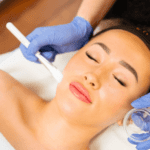






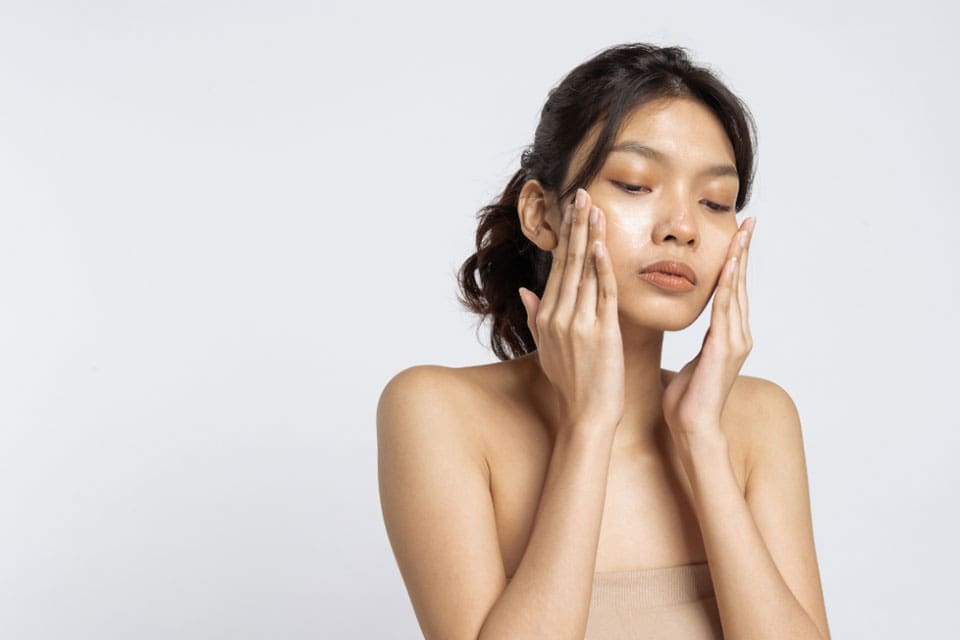
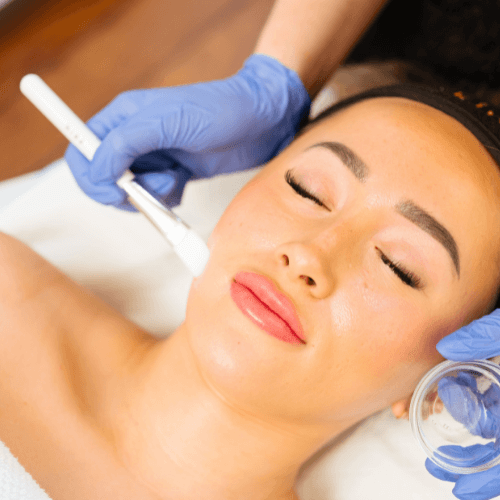

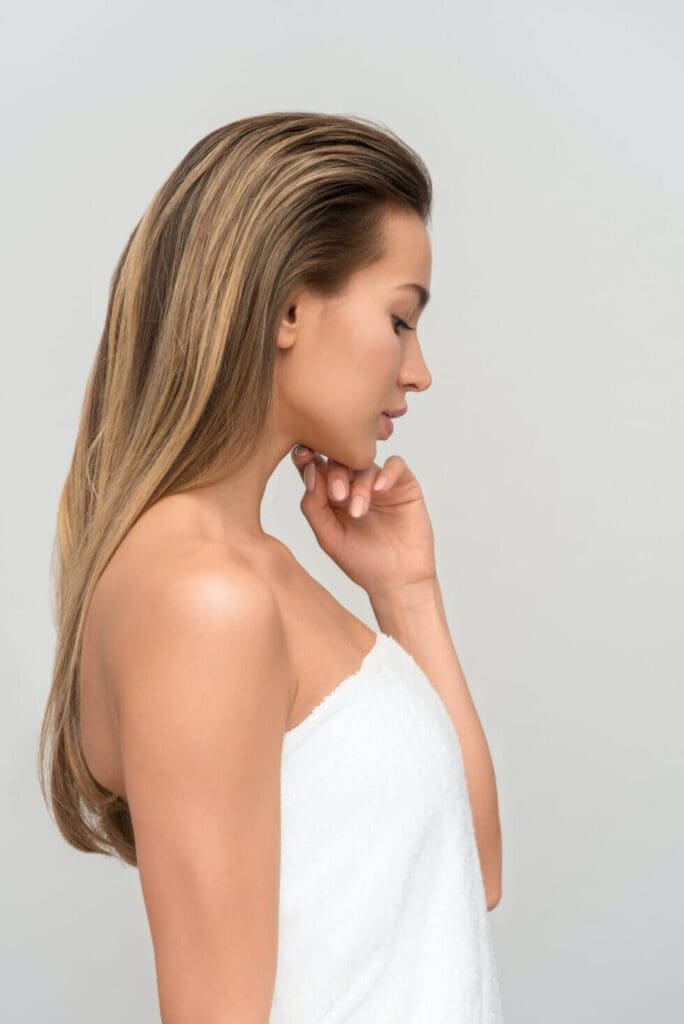
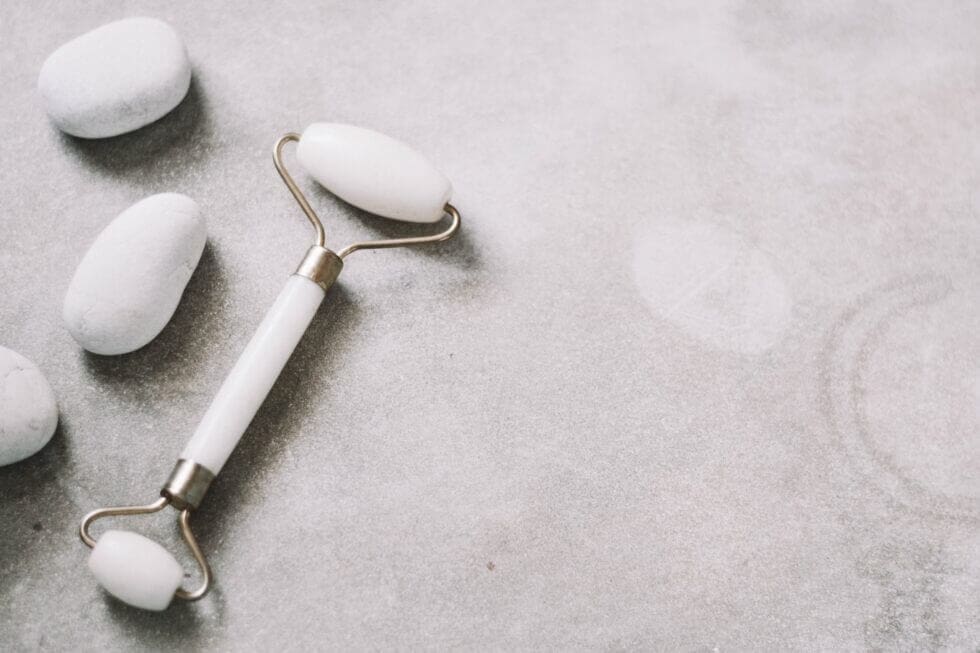

0 Comments